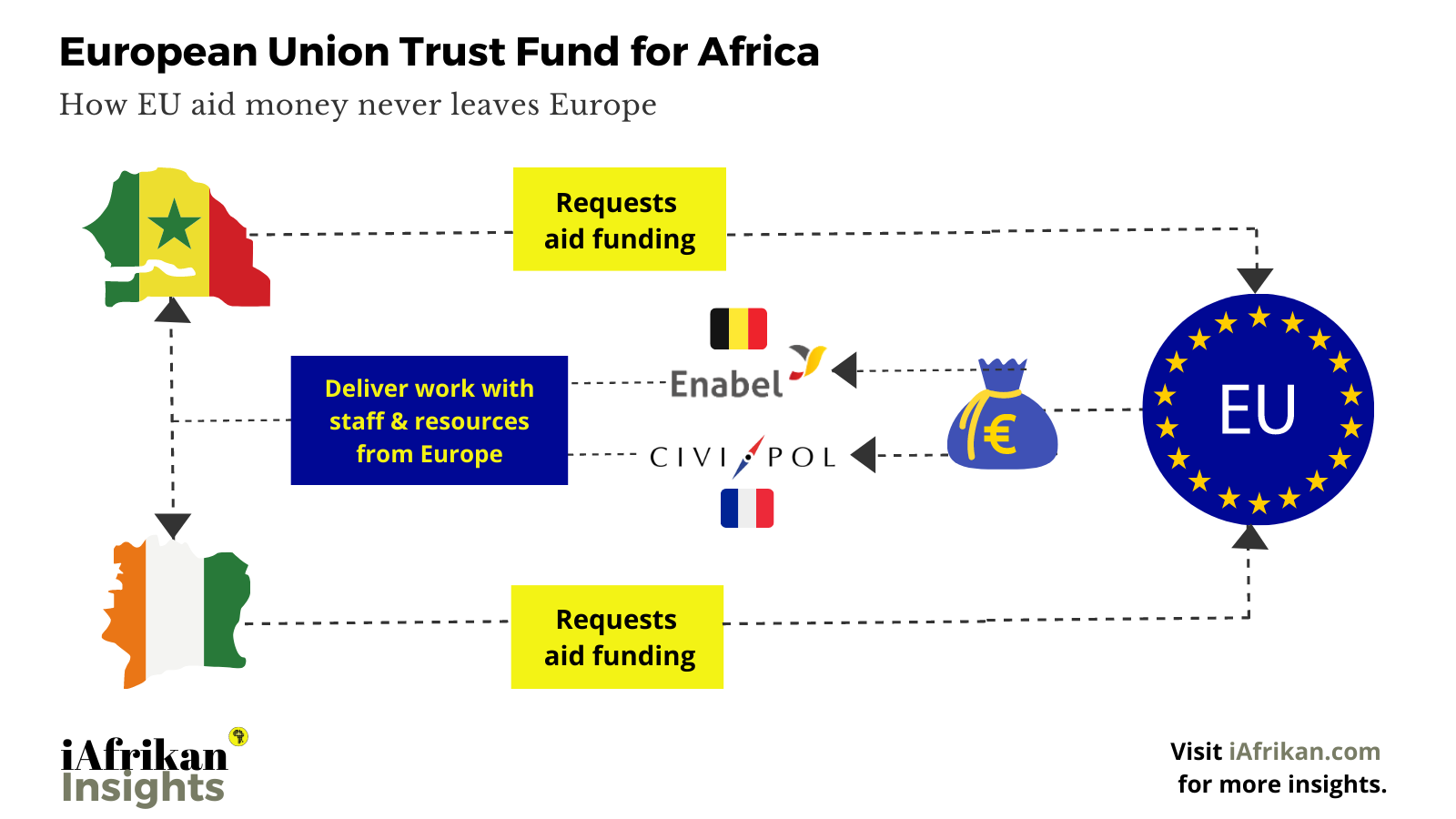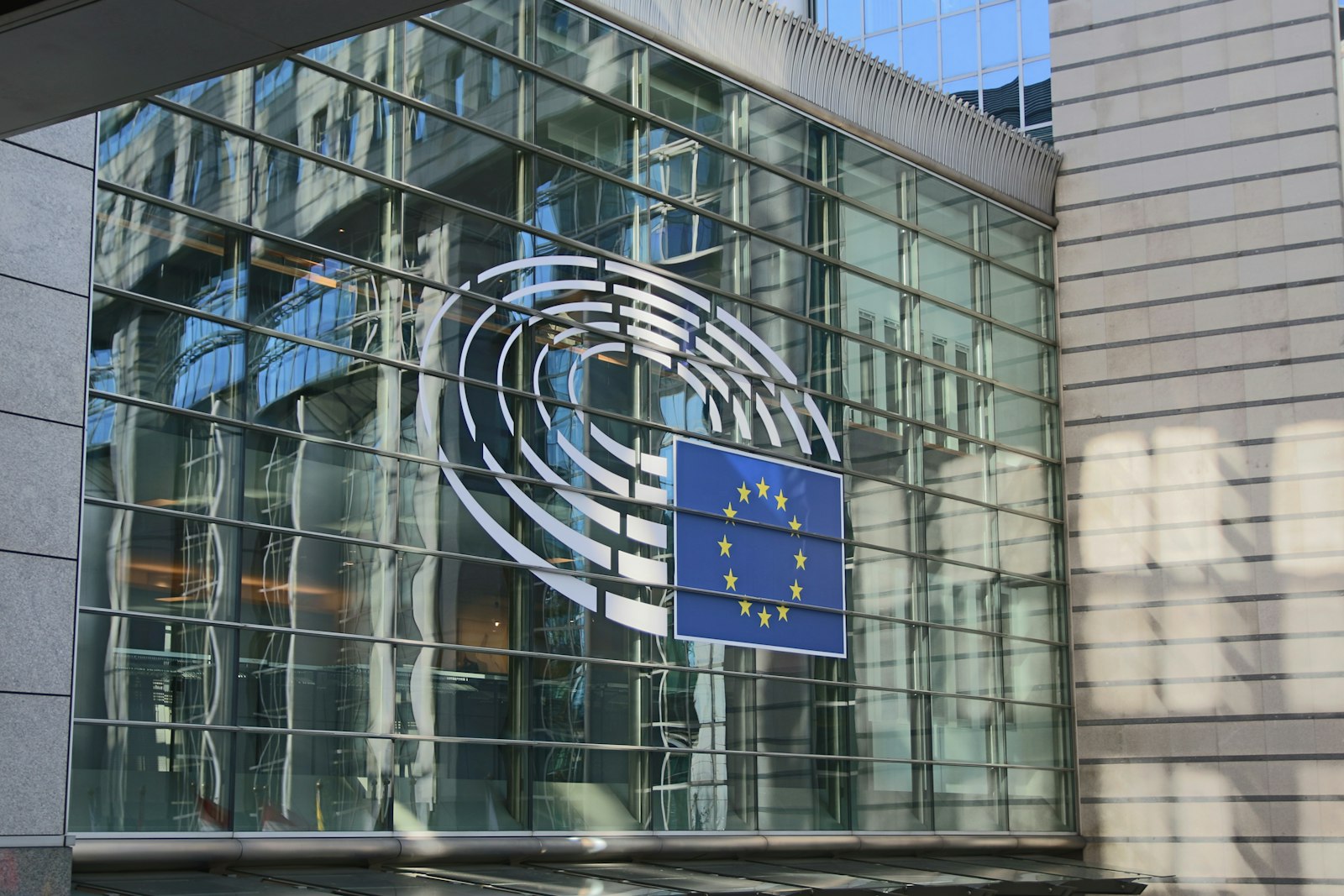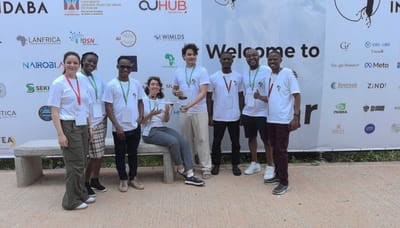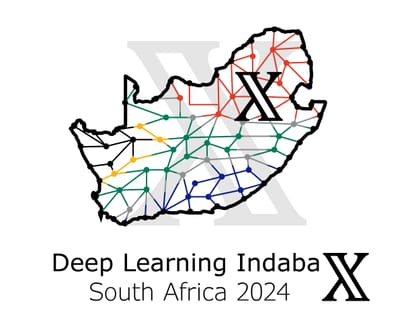On 3 March 2022, we published an article titled "EU's anti-immigration biometrics projects in Senegal and Côte d’Ivoire." In the article written by Maximilian Henning we, iAfrikan.com, made several points. Key among these was that:
- The EU aid money never really leaves Europe. This money is not transferred to the authorities of these countries for them to use. Instead, it is given to European development agencies, who then advise these countries’ authorities. In this case, most of the money goes to the French company Civipol, of which the French government holds 40%.
- The European Union development money is going toward the building of national biometrics databases in Senegal and Côte d’Ivoire – with an eye on preventing immigration.
The European Union (EU), through the European Commission (EC), has since responded to the iAfrikan.com article through its spokesperson, Ana Pisonero.
European aid money never makes it to Afrika
On the point about the EU aid money "not leaving Europe but rather, instead of being given to the relevant Afrikan countries, paid to European companies or agencies to do the actual work, the European Commission appears to be agreeing with the point made in the article.
As Pisonero put it when responding to iAfrikan.com, "The project is implemented via two European agencies in Senegal (CIVIPOL and ENABEL) and by CIVIPOL in Cote d’Ivoire, with staff working in the field in the premises of the competent civil registry authorities."
Without saying the exact words, Posinero in this case confirms our initial point. The EC's spokesperson further goes on to highlight who the beneficiaries of the projects' are in each country and which other partners are involved, however, the point remains, the aid money never leaves Europe for Senegal or Cote d’Ivoire.
"The beneficiaries of these projects are national stakeholders in each country, not the implementing partners, who are charge of preparing and conducting the activities, in close cooperation with the national authorities."
"In Senegal, the project activities consist of: accompanying the authorities in the strategic steering of the civil registry system; foreseeing the preparation of the environment needed for the creation on a national registry system, connected with all civil registry centres, as well as the acquisition of hardware and software equipment; providing training to civil registry & Ministry officials; and facilitating connexion of the civil registry system with the biometric identification database. In Cote d’Ivoire, the project activities consist of supporting the national authorities in the strategic steering of the reform to be performed on the civil registry system, support on the drafting and implementation of a national awareness-raising campaign on the benefits of birth/marriage/divorce/death registration; implementation of pilot actions of citizens registration in health centres and registration centres. In Côte d’Ivoire, other partners, such as UNICEF, are also active in the sector of civil registration."

National biometrics projects and anti-immigration
The second key point of the original article comes in two parts. The first part is about the national biometrics projects in both Senegal and Senegal and Côte d’Ivoire, while the second, and related, part is about anti-immigration.
In responding to iAfrikan.com, Pisonero answers what we already knew, through researching for the original article, about the structure of the biometrics projects. Curiously, Pisonero completely avoids and does not answer the statement about these biometrics projects being used by the EU for anti-immigration by Afrikans.
"Concerning the claim that 'European Union development money is going toward the building of national biometrics databases in Senegal and Côte d’Ivoire – with an eye on preventing immigration.': At the request of the Government of Senegal, the EU, via the EU Trust Fund for Africa is supporting the creation of a secured National Civil Registry System, which will contribute to the consolidation of the already existing National Biometric Identity Database, linked to the civil registry database. This does not cover the biometric census or the issuance / management of identity cards and the objective of the project is not to create a new biometric database but to accompany the Government in its efforts to rationalize various existing biometric databases (eg. Health, Elections, Passports). Similarly, at the request of the Government of Cote d’Ivoire, the EUTF supports the government to have a framework of reference permitting a secure and reliable, civil registry system (birth, marriage, divorce, death) without covering the biometric identity system. The EUTF project is focused on the civil registry, does not cover any identity aspect of biometric identity cards."
The EC's spokesperson goes on to highlight the importance of civil registries and how both countries and their citizens will benefit from these EU projects but glaringly doesn't address the anti-immigration point.
"Civil registries serve important purposes for both individuals and countries. For individuals, having a birth certificate is a prerequisite for many important activities in life and for being recognised some human rights – from gaining access to education and healthcare services to obtaining an ID card, passport, or driving licence, or opening a bank account. For countries, having up-to-date civil registries is key to develop statistics that reflect the current state of their population, to shape relevant policies and better address their populations real needs. All of these are interlinked."
"Strengthening civil registry systems leading to the creation of coherent and robust civil systems is part of the migration management objectives, in the framework of the legal migration and freedom of movements. In this context, these activities related to the civil registry will also contribute to the capacity of the governments of Senegal and Cote d’Ivoire to better manage migration flows (both legal and illegal), ensuring and protecting the rights of migrants. The aim of the projects funded by the EUTF is not to identify migrants, nor to identify citizens. Neither the EU, nor the EU Member States, nor the EU implementing partners, will have access to the data of the national civil registry database, nor to the biometric identification data contained in the other databases , which are both managed only by the local authorities."
The EU's response is disappointing in that it further confirms everything written in our original article and even beyond the two key points they responded to. For example, local organizations and professionals in each country have also complained about the lack of skills transfer and the EU appears to confirm this in their explanation of how the projects are delivered.
— By Tefo Mohapi







